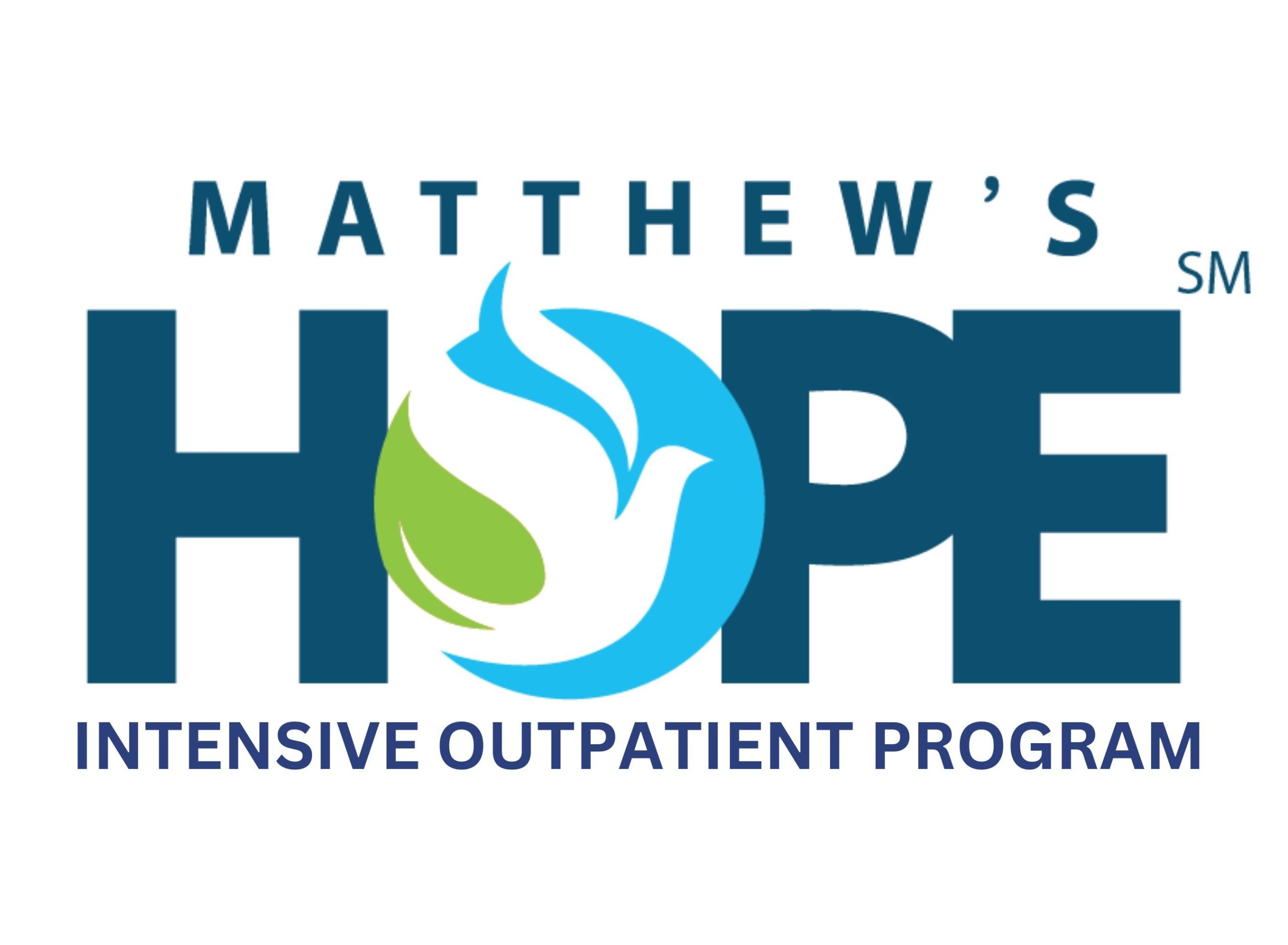When someone stops drinking all of a sudden, they typically go into alcohol withdrawal. During withdrawal, you may experience a range of symptoms. While alcohol detox and withdrawal may seem similar, there are a few important differences between these two topics.
What Is Alcohol Withdrawal?
Alcohol withdrawal happens when you stop using alcohol all of a sudden after drinking for an extended period of time. When you quit using, you’ll typically develop alcohol withdrawal symptoms.
Over the weeks, months, and years of your addiction, your body becomes used to having alcohol present. It needs alcohol in order to feel normal. Because of this, people go through a range of withdrawal symptoms when they quit drinking all of a sudden.
Alcohol Withdrawal Symptoms
The symptoms of alcohol withdrawal depend on the severity and duration of your addiction. In addition, your personal health and physical chemistry can determine how bad withdrawal symptoms become.
Nausea, Sweating, and Irritability
Normally, people begin experiencing sweating, irritability, and nausea on the first day after they quit drinking. Their blood pressure and heart rate may also increase.
Hallucinations, Seizures, and Mental Symptoms
In extreme cases, individuals may experience hallucinations or seizures on the second day of alcohol withdrawal. Insomnia is a common symptom throughout the withdrawal process. Likewise, many people develop symptoms of anxiety or emotional distress after a few days of withdrawal.
Serious Symptoms
Seizures are one of the major symptoms of alcohol withdrawal people should watch out for. Delirium tremens can begin two to five days following your last drink. Other than potentially being fatal, it can also cause high blood pressure, hallucinations, shaking, and confusion.
What Is Alcohol Detox?
Alcohol detox is when you stop using alcohol in a safe, medically supervised environment. Instead of going through the withdrawal process alone, you can go through alcohol detox in a safe, comfortable setting.
Because withdrawal from alcohol can be fatal, it is important to get professional treatment as you recover. During alcohol detox, medical professionals can help you alleviate withdrawal symptoms. They can also prevent delirium tremens and other side effects.
Alcohol Detox Symptoms
When people go through alcohol detox in a treatment center, medical professionals can alleviate withdrawal symptoms and prevent those symptoms from becoming dangerous. Because you are in a treatment center, it is also impossible to relapse until you have completed detox.
Day 1
During the first 12 hours, withdrawal symptoms become increasingly worse. You may experience anxiety, nausea, irritability, and tremors. Your symptoms may become increasingly worse during the rest of the first day. You may experience tremors, seizures, and disorientation.
Week 1
On the second day, you may experience panic attacks and hallucinations. Afterward, you may go through a range of symptoms. Many of these alcohol withdrawal side effects can be managed or alleviated in a professional detox center.
After Week 1
Following the first week, most of your symptoms will decrease. By the second week of detox, the majority of your withdrawal symptoms should be over with. For some people, insomnia and anxiety may remain for a while.
Learn About the Treatment Support You Need
Alcohol withdrawal can be a life-threatening experience. By going to an alcohol detox center, you can alleviate your symptoms and recover in a safe, supervised environment.
If you or a loved one needs help becoming sober, reach out to Matthew’s Hope Foundation Intensive Outpatient Program today for information and support.



